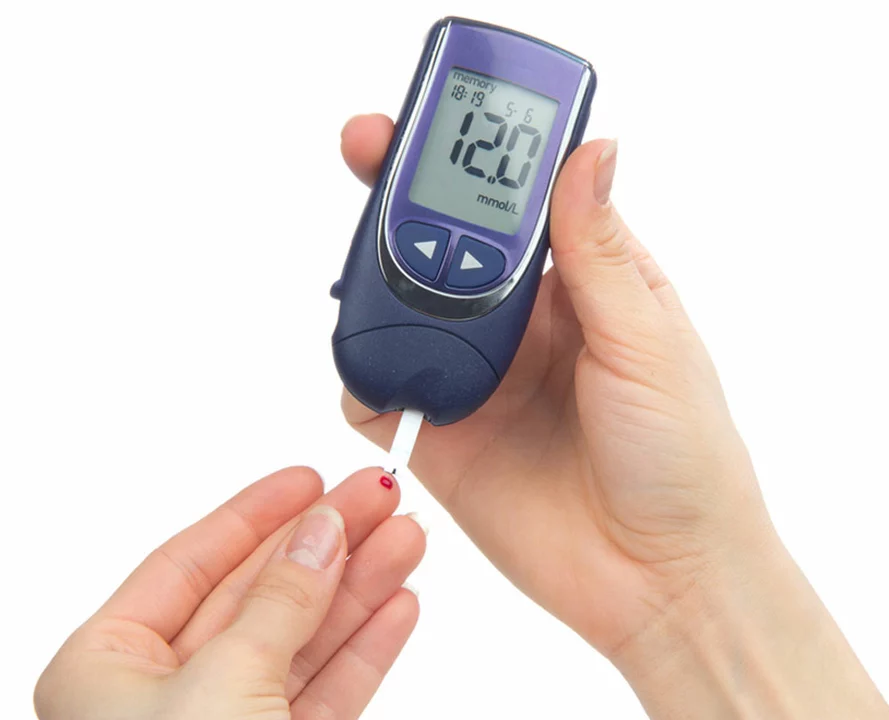Risperidone: What it does and what to watch for
Risperidone is a widely used antipsychotic that helps control symptoms like hallucinations, severe agitation, and mood swings. Doctors prescribe it for schizophrenia, bipolar disorder, and irritability linked to autism. If you or a loved one are starting risperidone, this page gives straight-to-the-point facts on how it works, common side effects, and safe ways to get the medication.
How risperidone works and what to expect
Risperidone blocks certain brain receptors for dopamine and serotonin, which helps calm psychotic symptoms and stabilize mood. Effects on behavior can start within days, but full benefit may take several weeks. It comes as tablets, liquid, and long-acting injections that your clinic gives every few weeks — injections are useful when daily pills are a problem.
Dosage varies by condition, age, and response. Doctors usually start low and adjust slowly to find the right balance between benefit and side effects. Never change dose or stop suddenly without talking to your prescriber — sudden changes can cause withdrawal or symptom return.
Safety, side effects, and interactions
Common side effects include drowsiness, weight gain, dry mouth, and constipation. Some people notice tremors, restlessness, or stiffness — these are movement-related effects and need attention. Risperidone can also raise blood sugar and cholesterol for some people; regular weight, blood pressure, and blood tests help catch those changes early.
Serious but less common issues include a big drop in blood pressure when standing (orthostatic hypotension), changes in heartbeat, and hormonal changes such as elevated prolactin, which can affect periods or cause breast milk production. Elderly people with dementia-related psychosis face higher risks of stroke and death on antipsychotics — risperidone is typically avoided in these cases unless no safer option exists.
Watch drug interactions. Strong CYP2D6 inhibitors like fluoxetine or paroxetine can raise risperidone levels. Alcohol increases drowsiness and can make side effects worse. Always tell your doctor and pharmacist about all medicines, supplements, and herbal products you use.
Thinking about buying risperidone online? Be careful. Only use pharmacies that require a valid prescription, show clear contact information, use HTTPS, and have verifiable reviews. Avoid sites that sell prescription drugs without asking for a prescription or that offer unbelievably low prices. Ask your prescriber or local pharmacist if you’re unsure about a seller.
If side effects start or you have questions about dosing, interactions, or pregnancy and breastfeeding, talk to your prescriber right away. Proper monitoring and honest communication make risperidone safer and more effective.

